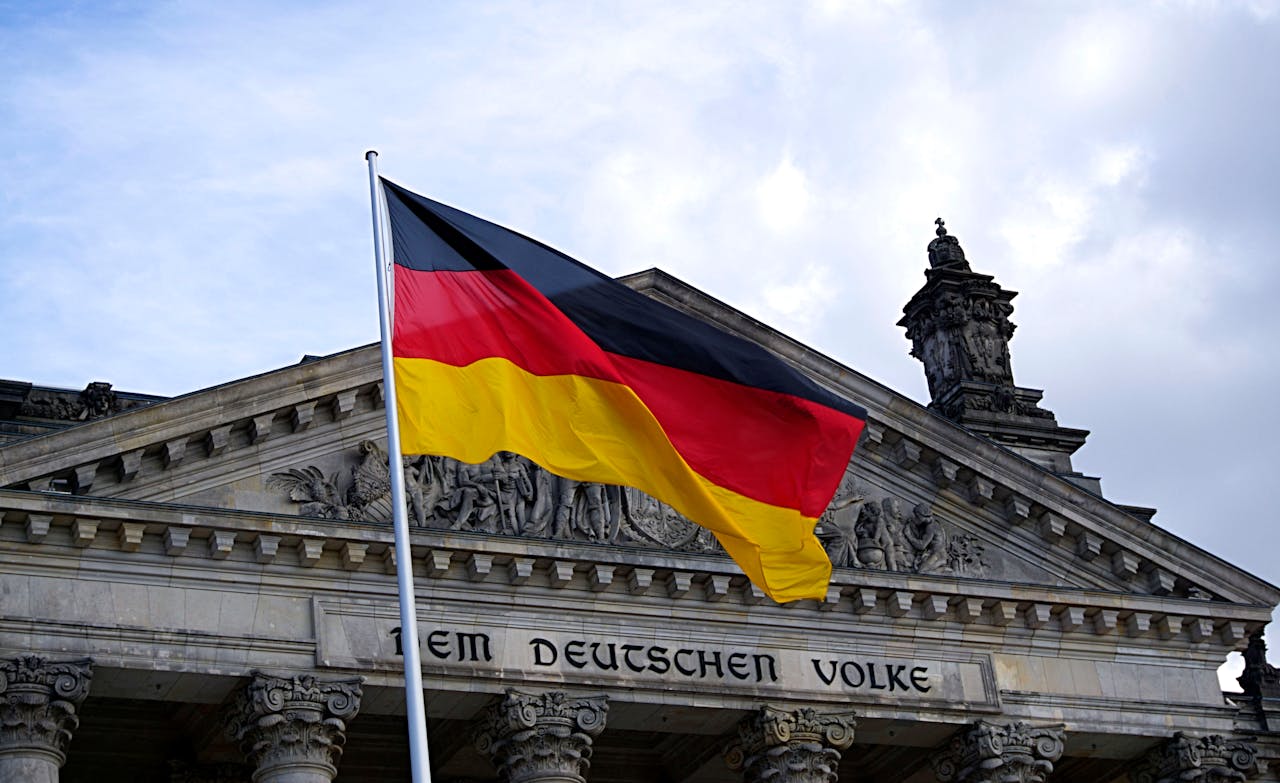Germany stands as a pivotal market for entrepreneurs and multinational corporations alike. Its robust economy and strategic location in Europe make it a prime destination for business expansion and investment. This guide delves into the critical aspects of corporate compliance in Germany, focusing on the GmbH (Gesellschaft mit beschränkter Haftung) – the most popular legal form for businesses due to its flexibility and limited liability features.
Understanding the GmbH: Germany’s Preferred Business Entity
The GmbH, akin to a limited liability company, offers a blend of corporate organization with legal personality, making it suitable for a wide range of business activities. Its structure allows shareholders to control the company indirectly through the appointment of managing directors, providing a layer of operational oversight while limiting liability to the company’s share capital.
Key Features:
- Minimum Share Capital: EUR 25,000, ensuring a level of financial commitment and stability.
- Legal Liability: Shareholders’ liability is restricted to their share contributions, safeguarding personal assets against corporate debts.
- Taxation: Subject to corporate income tax and trade tax, with obligations to charge VAT on goods and services.
Entity Setup: A Quick Overview
- Incorporation Process: Involves notarial certification of the articles of association and registration with the local commercial register, ensuring legal recognition and the ability to commence business operations.
- Business Expansion: The GmbH’s structure supports scalability without the need for structural changes, offering options for opening independent or dependent branches within Germany.
Compliance and Governance:
- Annual Meetings: Mandatory for reviewing accounts and strategic decision-making, with requirements outlined in the German Limited Liability Company Act (GmbHG).
- Directorship: At least one managing director is required, with the option of appointing a supervisory board for larger companies or those subject to co-determination laws.
Strategic Considerations for Entrepreneurs
Choosing the Right Legal Structure
Selecting the GmbH reflects a strategic decision aligned with business goals, operational scale, and the desired level of shareholder protection. Its popularity stems from the balance it offers between flexibility in management and limited liability for owners.
Compliance as a Cornerstone
Adherence to Germany’s rigorous compliance framework is non-negotiable. From tax filings to maintaining transparency in shareholder and director information, regulatory compliance ensures the business’s longevity and reputation.
Expansion and Operational Flexibility
The GmbH structure supports business growth seamlessly, allowing for the establishment of branches as the company expands. This flexibility is crucial for businesses aiming to increase their market presence within Germany and beyond.
Final Thoughts
Germany’s business environment, characterized by its regulatory robustness and economic stability, presents a fertile ground for corporate endeavors. The GmbH stands out as a versatile and secure legal entity that accommodates the diverse needs of business owners, from startups to established multinational corporations. By understanding and navigating the intricacies of corporate compliance in Germany, entrepreneurs can position their businesses for success in one of Europe’s leading economies.

Leave a Reply